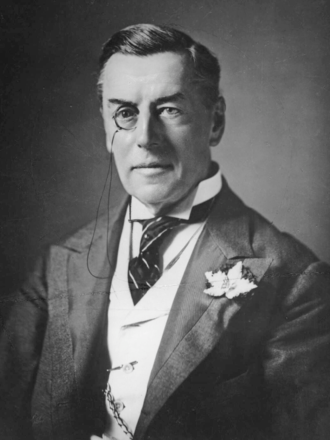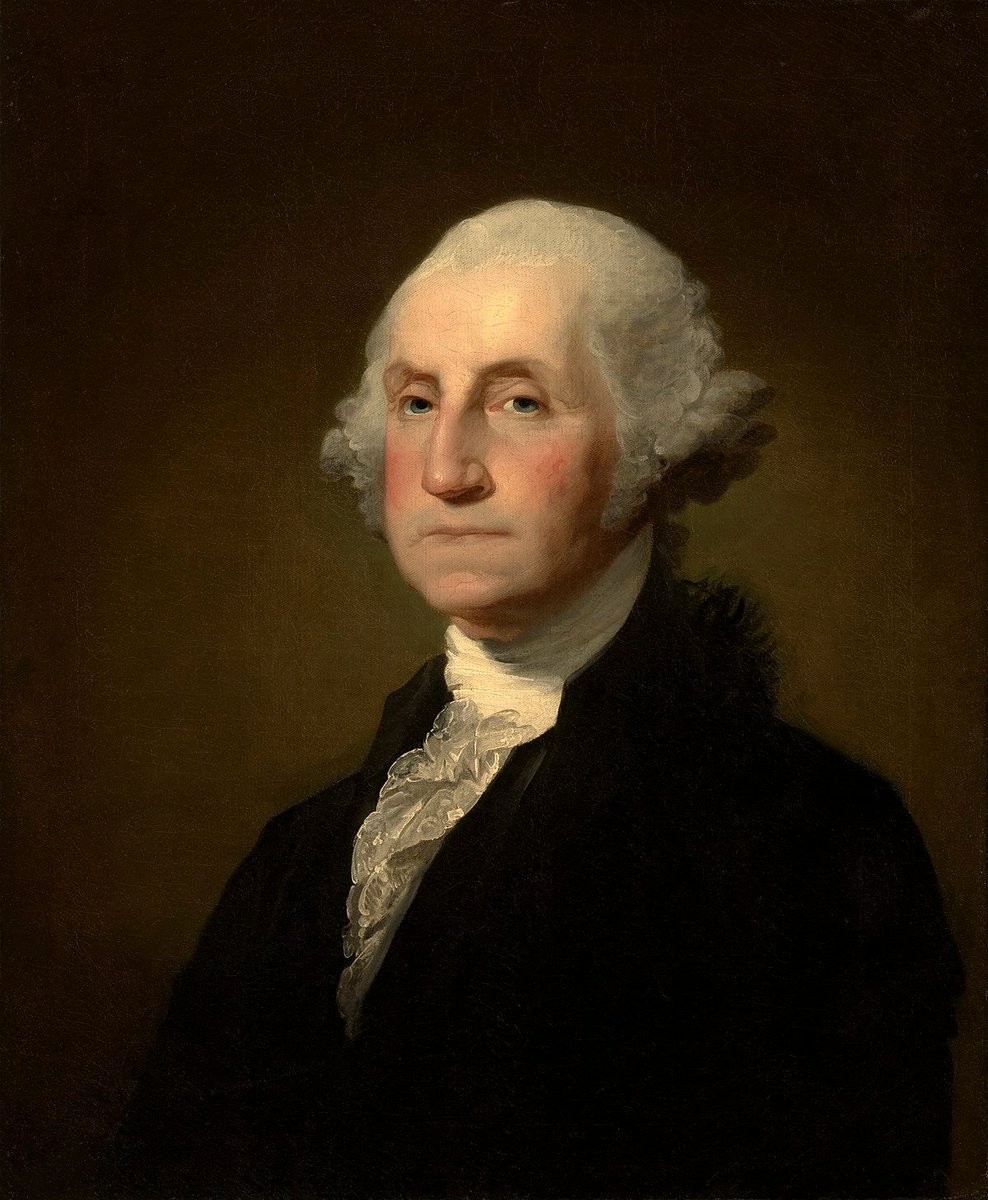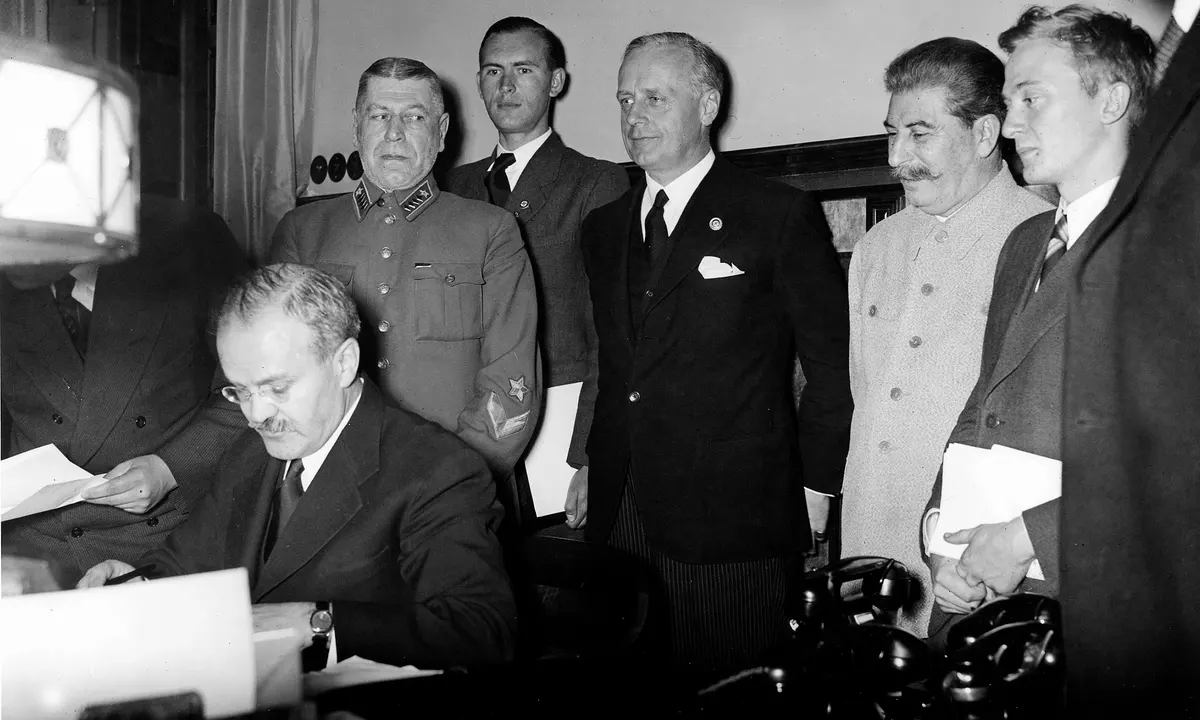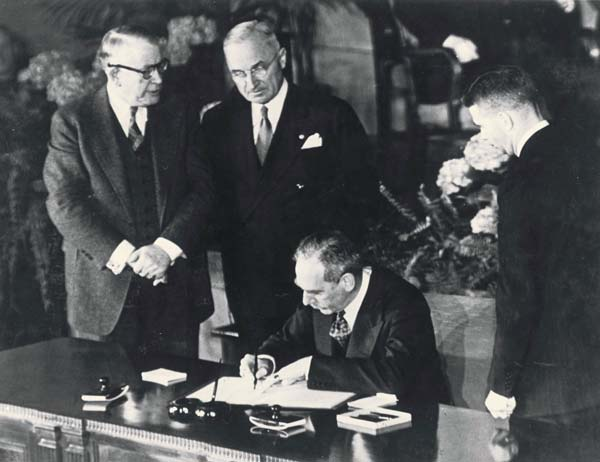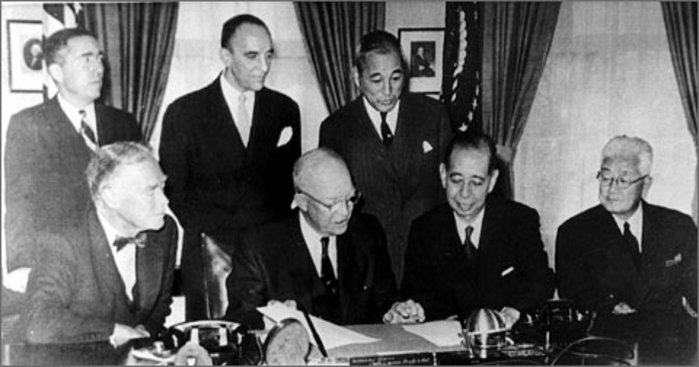US alliance partners are thrilled about @JoeBiden! But should they? How do we know that USA alliance commitments really matter?
Answer: we can't
[THREAD] https://www.usnews.com/news/elections/articles/2020-11-07/us-allies-express-relief-after-biden-tops-trump-for-presidency
Answer: we can't
[THREAD] https://www.usnews.com/news/elections/articles/2020-11-07/us-allies-express-relief-after-biden-tops-trump-for-presidency
Why are US alliance partners thrilled about Biden? Because they view him as stable and reliable.
For instance, one of his first acts as President-Elect was to tell US allies "America is Back" https://www.cbsnews.com/live-updates/biden-america-back-foreign-leaders/
For instance, one of his first acts as President-Elect was to tell US allies "America is Back" https://www.cbsnews.com/live-updates/biden-america-back-foreign-leaders/
As a specific example, Biden already reassured  of
of  protection against
protection against  https://asia.nikkei.com/Politics/International-relations/Biden-affirms-security-treaty-applies-to-Senkaku-Islands-in-Suga-call
https://asia.nikkei.com/Politics/International-relations/Biden-affirms-security-treaty-applies-to-Senkaku-Islands-in-Suga-call
 of
of  protection against
protection against  https://asia.nikkei.com/Politics/International-relations/Biden-affirms-security-treaty-applies-to-Senkaku-Islands-in-Suga-call
https://asia.nikkei.com/Politics/International-relations/Biden-affirms-security-treaty-applies-to-Senkaku-Islands-in-Suga-call
Though there has been lively debate about the appropriateness of making that commitment: see @thomaswright08 v @shifrinson v @PhillipLipscy https://twitter.com/shifrinson/status/1326885681671659522
Why are such statements of commitment important?
To take the question a step further, why should the US be maintaining alliance commitments? Is the US just maintaining the alliances for the sake of maintaining the alliances?
To take the question a step further, why should the US be maintaining alliance commitments? Is the US just maintaining the alliances for the sake of maintaining the alliances?
Love him or hate him, these were questions @realDonaldTrump forced folks to grapple with even before becoming president https://www.nytimes.com/politics/first-draft/2016/04/02/donald-trump-tells-crowd-hed-be-fine-if-nato-broke-up
And Trump, of course, didn't let up once he was President (as Mattis vividly detailed in his memoir): https://www.washingtonpost.com/politics/youre-a-bunch-of-dopes-and-babies-inside-trumps-stunning-tirade-against-generals/2020/01/16/d6dbb8a6-387e-11ea-bb7b-265f4554af6d_story.html#comments-wrapper
Trump's criticisms aren't new.
Heck, he's not even the only current @NATO-member leader to raise such questions https://www.economist.com/europe/2019/11/07/emmanuel-macron-warns-europe-nato-is-becoming-brain-dead
Heck, he's not even the only current @NATO-member leader to raise such questions https://www.economist.com/europe/2019/11/07/emmanuel-macron-warns-europe-nato-is-becoming-brain-dead
A classic statement questioning standing alliances comes from British Diplomat Joseph Chamberlain in 1899: "To me it seems to matter little whether you have an alliance which is committed to paper...or an understanding in the minds of the statesmen of the respective countries"
He praised such "understandings" as more flexible than "alliances":
"An understanding is perhaps better than an alliance, which may stereotype arrangements which can not be regarded as permanent in view of the changing circumstances of the day."
"An understanding is perhaps better than an alliance, which may stereotype arrangements which can not be regarded as permanent in view of the changing circumstances of the day."
There is something to be said for this view of alliances and US foreign policy.
While it's true that the US has a history of maintaining standing alliances (see @MiraRappHooper)... https://www.amazon.com/Shields-Republic-Triumph-Americas-Alliances-ebook/dp/B082DKGTC2/ref=sr_1_1?dchild=1&keywords=sheilds+of+the+republic&qid=1605527382&s=books&sr=1-1
... the US also has a lot of experience with creating ad-hoc coalitions when the situation arises (see @mephenke). https://www.amazon.com/Constructing-Allied-Cooperation-Multilateral-Coalitions/dp/1501739697
The virtues of "temporary over permanent" are of course found in George Washington's famous warning to "steer clear of permanent alliances" and instead "safely trust to temporary alliances for extraordinary emergencies"
https://avalon.law.yale.edu/18th_century/washing.asp
https://avalon.law.yale.edu/18th_century/washing.asp
The reality is that its hard to make a case for the US to have permanent alliance commitments.
This is for one big reason: it requires thinking about the "counterfactual" (i.e. what would happen if the US DID NOT have such alliances?)
This is for one big reason: it requires thinking about the "counterfactual" (i.e. what would happen if the US DID NOT have such alliances?)
This is a challenge for studying any action based on "deterrence": if there is an absence of conflict, how do you know that the deterrence policy is the cause? https://www.tandfonline.com/doi/abs/10.1080/03050620210390?casa_token=O5btoWiQk_4AAAAA:u1w0YONaH9k7LdYf93YE6DjjTCbPyLzi6jP_VSKDVDxatnSLDuROe8fDGs3H2A21C5kD5a1BaRU
This lies at the heart of academic debate about alliances, such as the debate between @BAshleyLeeds & Johnson v @MichaelKenwick & Vasquez
https://www.journals.uchicago.edu/doi/full/10.1086/687285
https://www.journals.uchicago.edu/doi/full/10.1086/687285
Here is where my recent book comes in https://www.amazon.com/Arguing-about-Alliances-Military-Pact-Negotiations/dp/1501740245
One way to think about "counterfactuals" as they pertain to alliance commitments is to look at instances in which states TRIED to negotiate an alliance treaty, but FAILED to reach agreement. What happened afterwards?
Consider the example that opens the book: the 1939 negotiations between the USSR, Britain, and France to form an alliance to stop Hitler BEFORE he used force.
Those negotiations failed, the Soviets then signed a non-aggression pact with Nazi Germany...
Those negotiations failed, the Soviets then signed a non-aggression pact with Nazi Germany...
Interestingly, Trump himself (or maybe someone writing on his behalf) seemed to understand this https://twitter.com/realDonaldTrump/status/1062311785787744256
This points to the argument for alliances that I ultimately find most convincing: the best way for a US President to guard against creating more of these...
So it is a positive that @JoeBiden wants to recommit to US alliances. But, unfortunately, it such commitments are positive for reasons that are ultimately unknowable: the lives that such alliances save.
[END]
[END]

 Read on Twitter
Read on Twitter